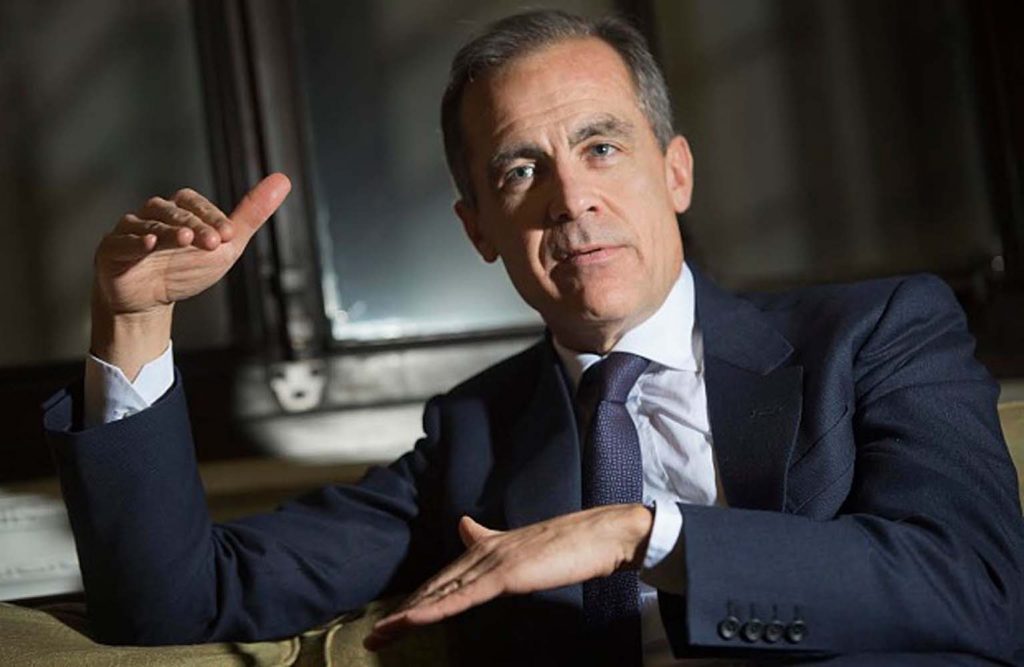Brexit has cost households almost £1000

As a result of the Brexit vote, households have been affected by £900, asserted by the Bank of England governor Mark Carney.
The Brexit vote to leave the European Union has decreased growth by “up to 2%”, he explained to MPs on Tuesday.
Though, there is a possibility it could be “sharp pick-up” in business investment once Brexit agreement is clarified.
Concurrently, new statistics displayed that the government finances have pursued to get better, potentially providing the Chancellor more Budget spending power.
In reference to evidence to the Treasury Committee, Carney stated: “Real household incomes are about £900 lower than we forecast in 2016. The question is why and what drove that difference. Some of it is ascribed to Brexit.”
However, borrowing has fallen. The government borrowed £7.8bn in April – the lowest figure for April since 2008, according to official figures.
The Office for National Statistics (ONS) also revised the borrowing figure for last year to £40.5bn, down from its previous estimate of £42.6bn.
The deficit was 2% of GDP last year – the lowest rate since 2002.








